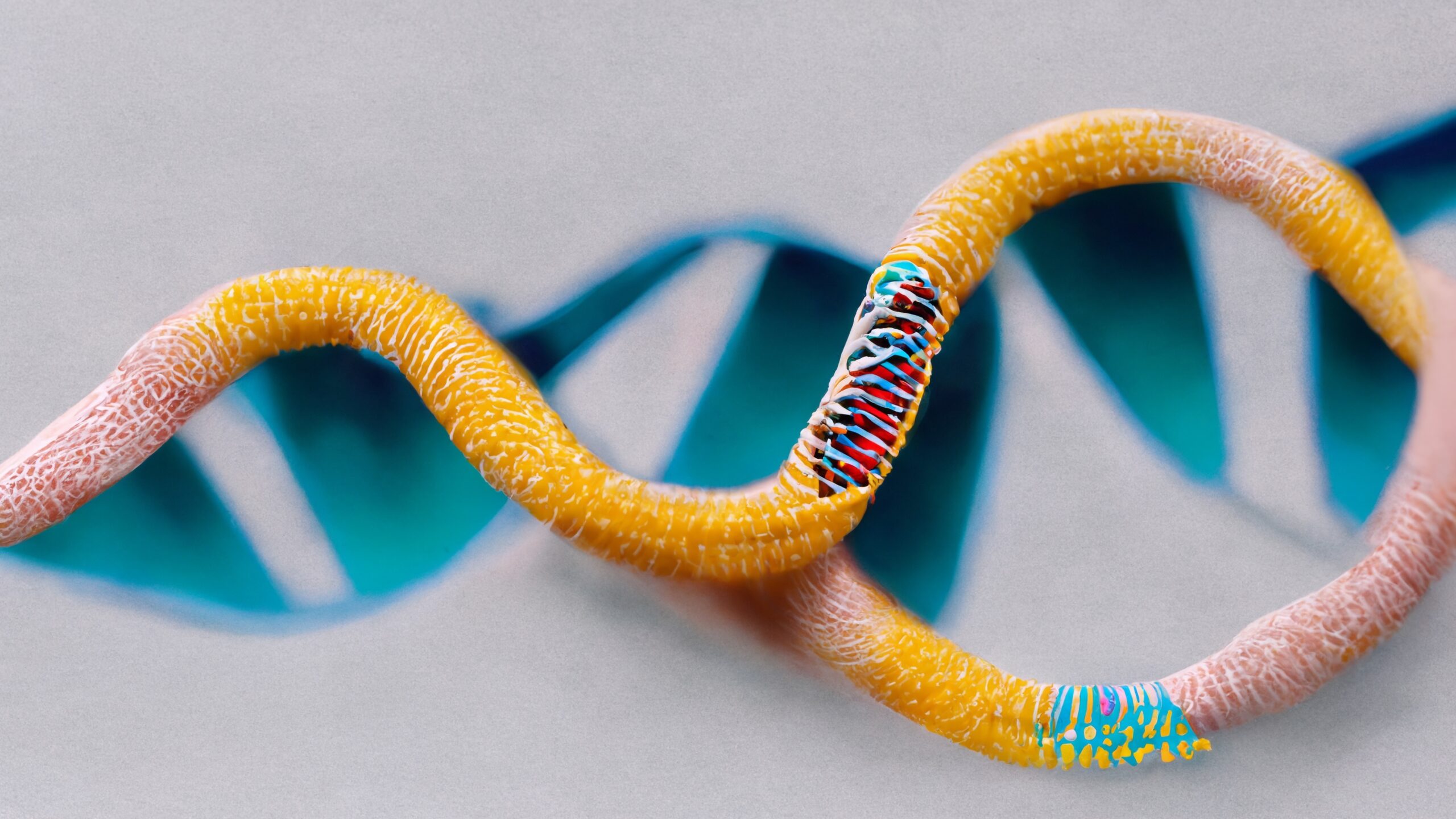 Like a criminal evading arrest, the human immunodeficiency virus (HIV) that causes acquired immunodeficiency syndrome (AIDS) has managed to stay maddening steps ahead of our immune teams hunting it down. The virus relies on a shifty protein sidekick called Nef, which wipes clean “wanted” markers on infected cells’ surfaces, helping HIV hide in plain sight.
Like a criminal evading arrest, the human immunodeficiency virus (HIV) that causes acquired immunodeficiency syndrome (AIDS) has managed to stay maddening steps ahead of our immune teams hunting it down. The virus relies on a shifty protein sidekick called Nef, which wipes clean “wanted” markers on infected cells’ surfaces, helping HIV hide in plain sight.
But the University of Pittsburgh researchers have engineered targeted seek-and-destroy agents — PROTACs — that can infiltrate cells undercover, slip past Nef’s counterintelligence, and radio in precise coordinates of infection. PROTACs biochemically tag rogue Nef proteins, which signals cellular protein shredders and scavengers to take out the trash.
As a promising new avenue for the treatment of HIV and AIDs, here is how the novel therapy works.
A mysterious protein and a blood bank cohort
For decades, the Nef protein has intrigued HIV scientists. The case of the ‘Sydney Blood Bank Cohort”, however, proved revealing. For 29 years, researchers have monitored a group of blood recipients who were accidentally infected by an HIV-positive donor. The catch was the donor had an HIV strain missing its sneaky Nef protein.
All eight had either low or absent viral replication for up to 29 years. In one case, ‘Subject C135’ even managed to clear his infection, without any medication.
Recent findings from this natural experiment showcase how even weakened HIV can vary wildly in virulence across hosts. But absent Nef appears consistently vital for viral cover and takeover given non-progression across the cohort. This is why targeting Nef could be a game-changer for HIV-medicine.
Professor Attili Venkata Satya Suresh, a Medical Oncologist and haematologist at Continental Hospitals in Hyderabad, suggests that Nef has been demonstrated in both animal and human studies to be crucial for the propagation of the HIV virus, resulting in the depletion of CD4 immune cells and contributing to the severity of AIDS or immunodeficiencies.
When specific products targeting Nef are not adequately used, dysfunction is anticipated. “If this essential component becomes inactive, the virus may induce less severe AIDS or HIV-related immunosuppression,” adds Professor Suresh.
The PROTAC strategy
As Nef lacks an active site and enzymatic function, conventional drugs that rely on directly binding to active sites face difficulties in development, leading researchers to explore alternative approaches.
Researchers from the University of Pittsburgh School of Medicine, US, wanted a way to better mark Nef, so the immune system could do its job. They developed a tool — proteolysis-targeting chimeras — which are like ‘tags’ that stick to unwanted proteins in our cells, signalling the cell’s garbage disposal to break down and remove those proteins.
The researchers started by looking for places to attach linkers on the compounds that do bind to Nef. They then connected these compounds to molecules that recruit cellular machinery for protein degradation. After work on 102 unique PROTACS, they found that they were able to trigger Nef protein breakdown.
When tested in cells, these PROTACs successfully reversed the effects caused by Nef, like restoring certain immune system markers on the cell surface and reducing the replication of the HIV-1 virus.
Professor Suresh adds, “PROTAC strategy can be considered very safe from a technical standpoint. It can complement conventional medications without requiring significant adjustments to the treatment regimen.”
The preprint paper’s lead author, Thomas E Smith, said the study presents the potential of PROTACs in degrading microbial proteins, broadening the spectrum of therapeutic options.
Also read: Researchers use a cell’s recycling process to combat blood cancers
















